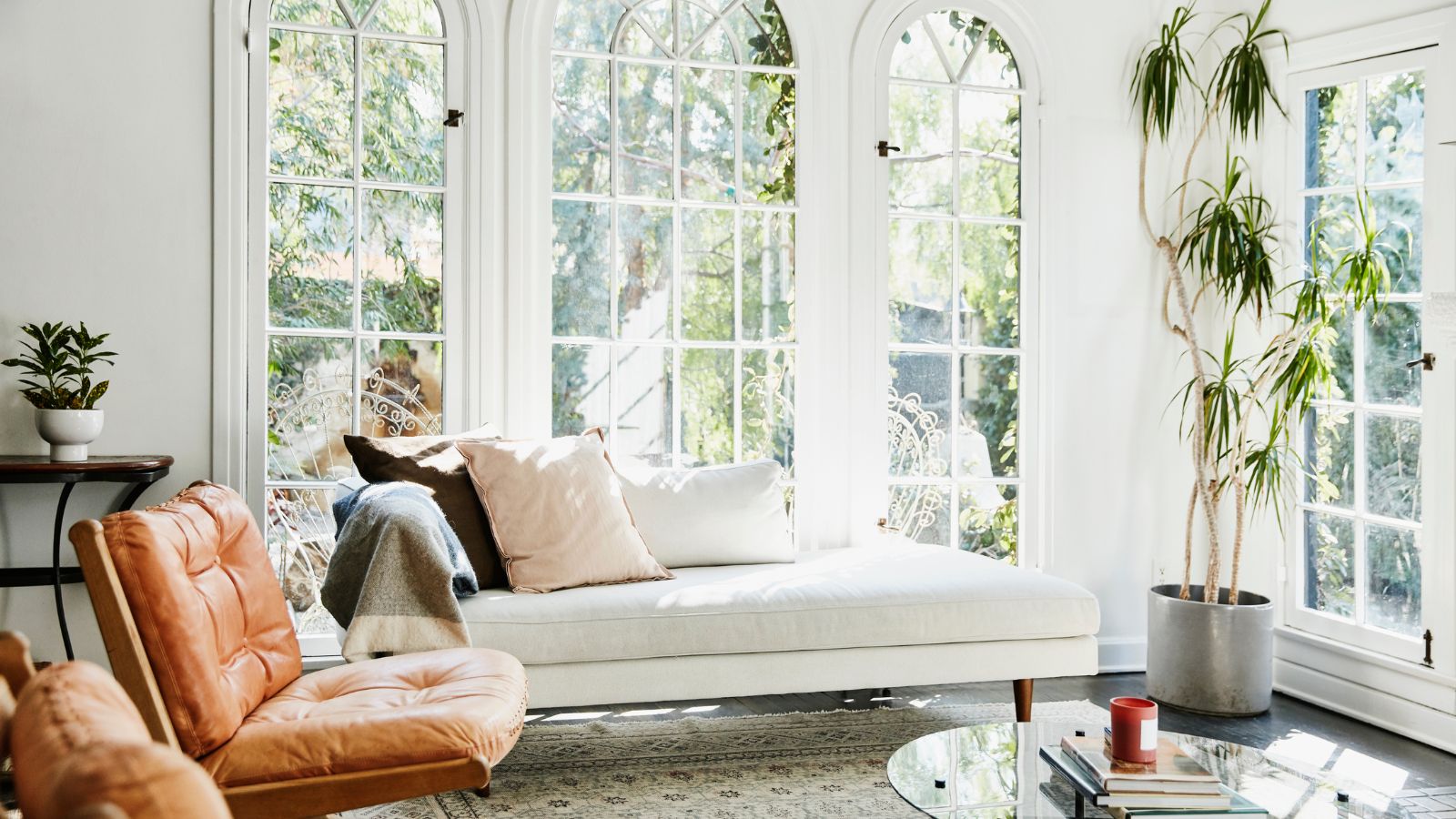
As the hot weather never seems to end, it is past the point of being able to go about your everyday routine. Now, it is about knowing what not to do in order to keep your home cool in a heatwave, experts warn.
After all, home remedies to stay cool without spending and tricks to keep a bedroom cool at night will only go so far if you are accidentally undoing your cooling efforts with basic household activities.
Here, HVAC experts have explained what not to do in a heatwave if you want to stay safe in extreme heat.
What not to do in a heatwave
Staying cool at home is more difficult than ever, and these nine mistakes make it worse – especially when trying to cool an apartment without AC, for instance.
1. Opening curtains during the day
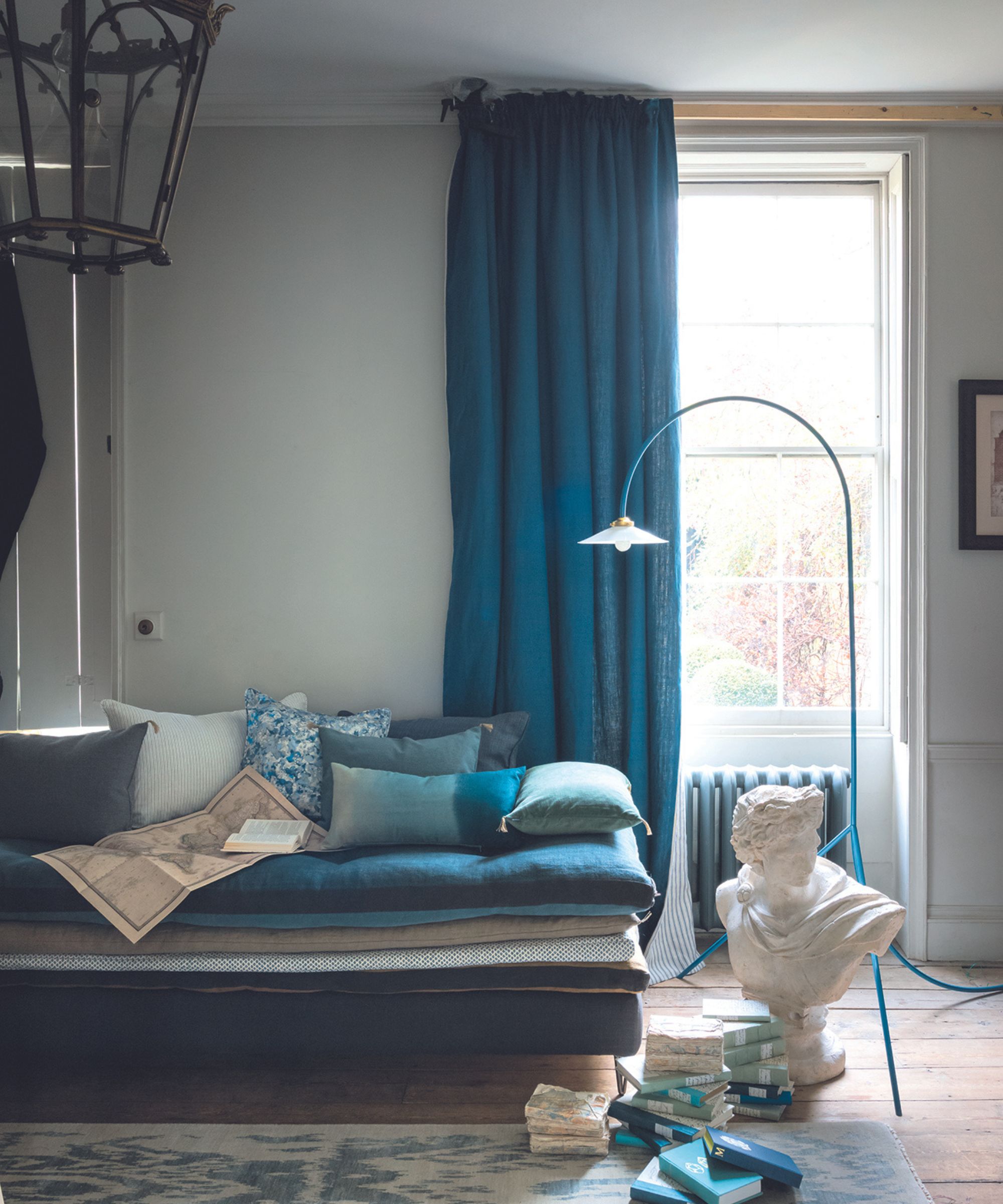
Although a heatwave usually also means fantastic sunshine, it is best to leave your window treatments closed during the day as blackout curtains can help keep heat out, says Mason Duckett, lead comfort specialist at Tonna Mechanical.
‘As direct sunlight comes in through your windows and into your home, it hits objects like carpet or flooring. Those objects then give off more heat making the room warmer. This is known as solar heat gain,’ he explains. ‘Blackout curtains, like most curtains and awnings, will reduce the amount of sunlight coming in and will keep those objects from heating up.
‘When paired with an efficient HVAC system, blackout curtains can help reduce the amount of time your air conditioner needs to run to keep your home comfortable.’
It is important to note, however, that though blackout curtains can be a handy accessory to your home, they alone do not keep your home cool.
2. Leaving windows open all day
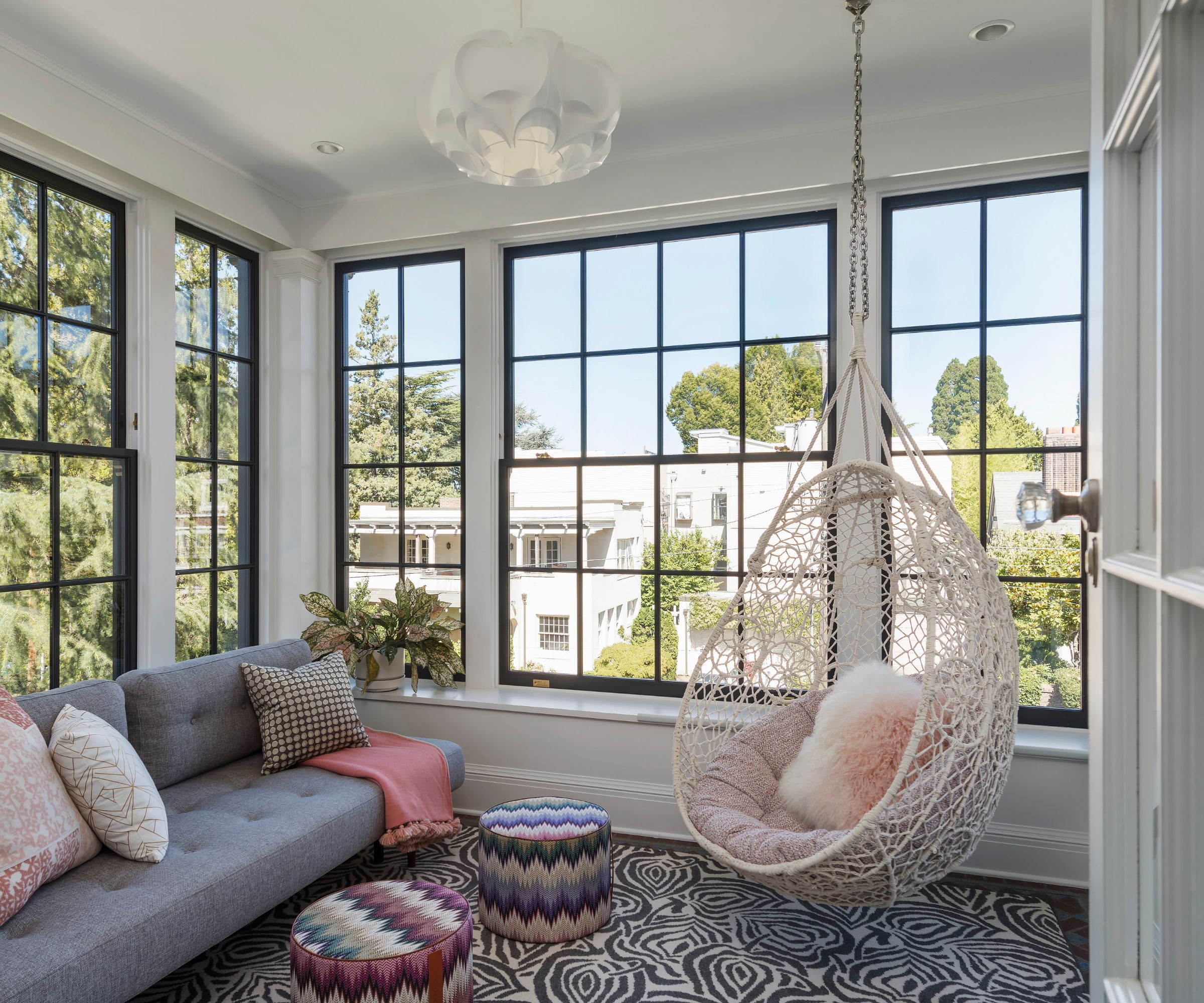
Opening your windows when your house is hot makes a lot of sense – so long as the air outside isn't the same temperature or even hotter, says Josh Mitchell, HVAC technician and founder of Air Conditioning Labs.
‘Instead, keep your windows, curtains, and blinds closed during the hottest part of the day and only open them in the early morning or late evening when the temperatures are cooler,’ he recommends, ‘especially when trying to cool your home using an AC, dehumidifier, or air purifier.’
3. Overlooking the importance of a dehumidifier

Humidity is one of the main roots of that uncomfortable feeling that you can seem to get air on a hot day. The solution? A dehumidifier, says Taras Stomin, HVAC account manager at Home Alliance.
‘Excess humidity can make a room feel warmer. Consider using a dehumidifier to remove moisture from the air, which can help make a room feel cooler by making it easier for you to breathe and sweat, making the room more comfortable,’ he suggests.
Just be sure to avoid some common dehumidifier mistakes to get the most out of your machine when you need it most.
This more affordable unit’s portable design is the perfect size to keep your bathrooms and mid-sized rooms free from excess moisture.
The Midea 50-Pint EnergyStar Smart Dehumidifier has a dedicated phone app, allowing you to control the dehumidifier from anywhere.
This device is able to remove up to 34 pints of moisture per day and features a built-in timer and humidity adjustment to achieve the ideal settings for your home.
4. Running your AC on too low a temperature
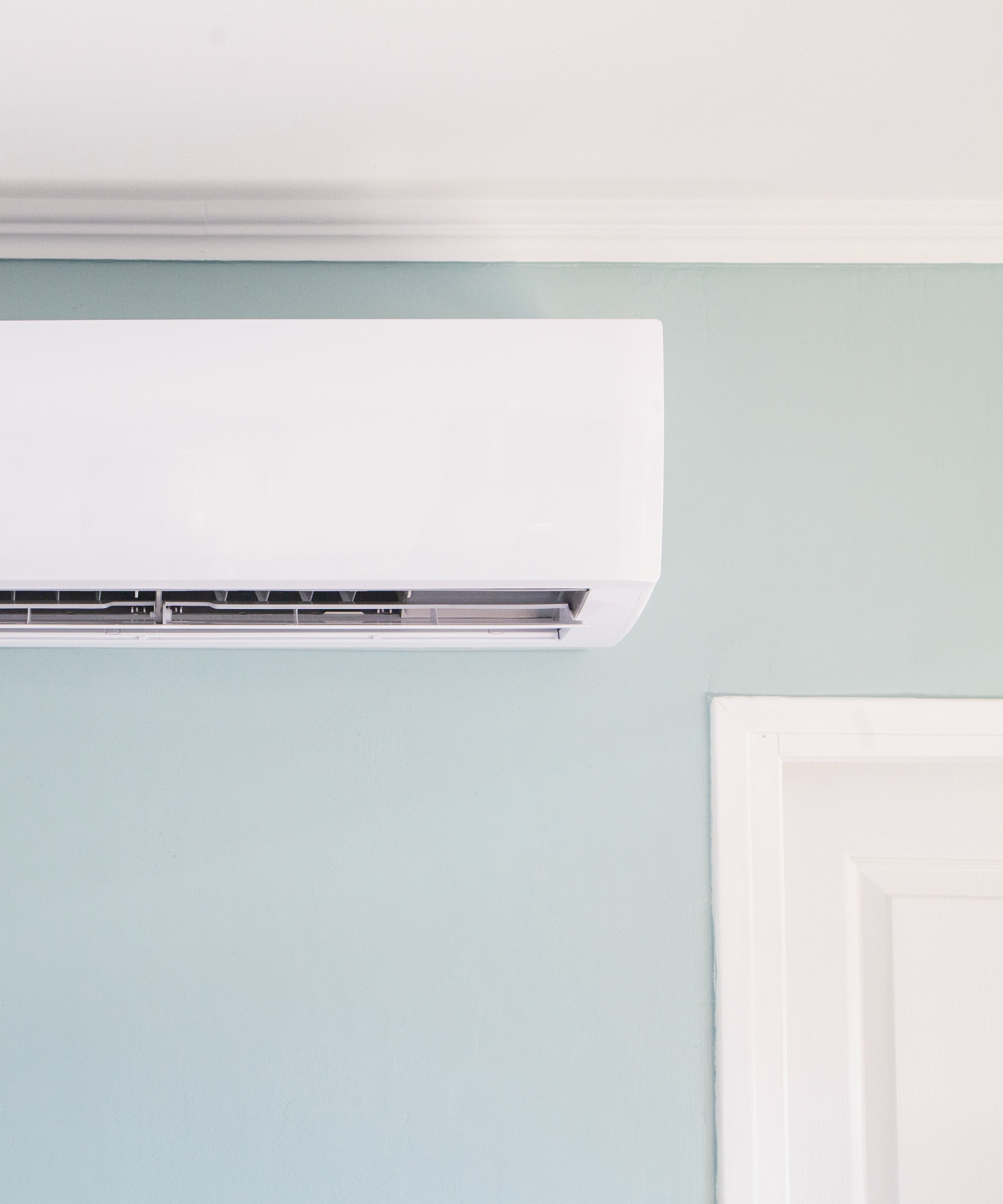
It can seem logical to set your air conditioning to the lowest temperature it can go when dealing with extreme heat, but this will only make your machine work harder leading to high energy bills and lowered efficiency, warns Mason Duckett, comfort specialist.
‘It takes a lot of energy to cool the home, especially on a hot day. When your air conditioner has to work that hard every day, it costs a lot of money to maintain. We recommend narrowing that split between internal temperature and external,’ he says.
‘What’s more, if a homeowner’s cooling system is constantly running on warm days, they may want to inquire about a home energy audit. Having yearly maintenance performed by professional HVAC experts will ensure the equipment runs more efficiently. They can also identify areas of improvement to avoid malfunctions down the road.’
5. Forgetting about insulating your home

A heatwave doesn't sound like the best time to be trying out some draft-proofing tips, but blocking up gaps and cracks around your home does just as good a job keeping hot air out as it does keeping cool air out in winter, reminds Mason Duckett, comfort specialist.
‘Homeowners should check weather strips around their doorways and windows. Properly insulating points of entry in the home will help keep the heat outside in the warmer months. Some homeowners utilize film or bubble wrap to help reduce the number of drafts from windows and insulate the home during the hot summer months without having to go all out on the home renovations,’ he mentions.
6. Only using electric fans
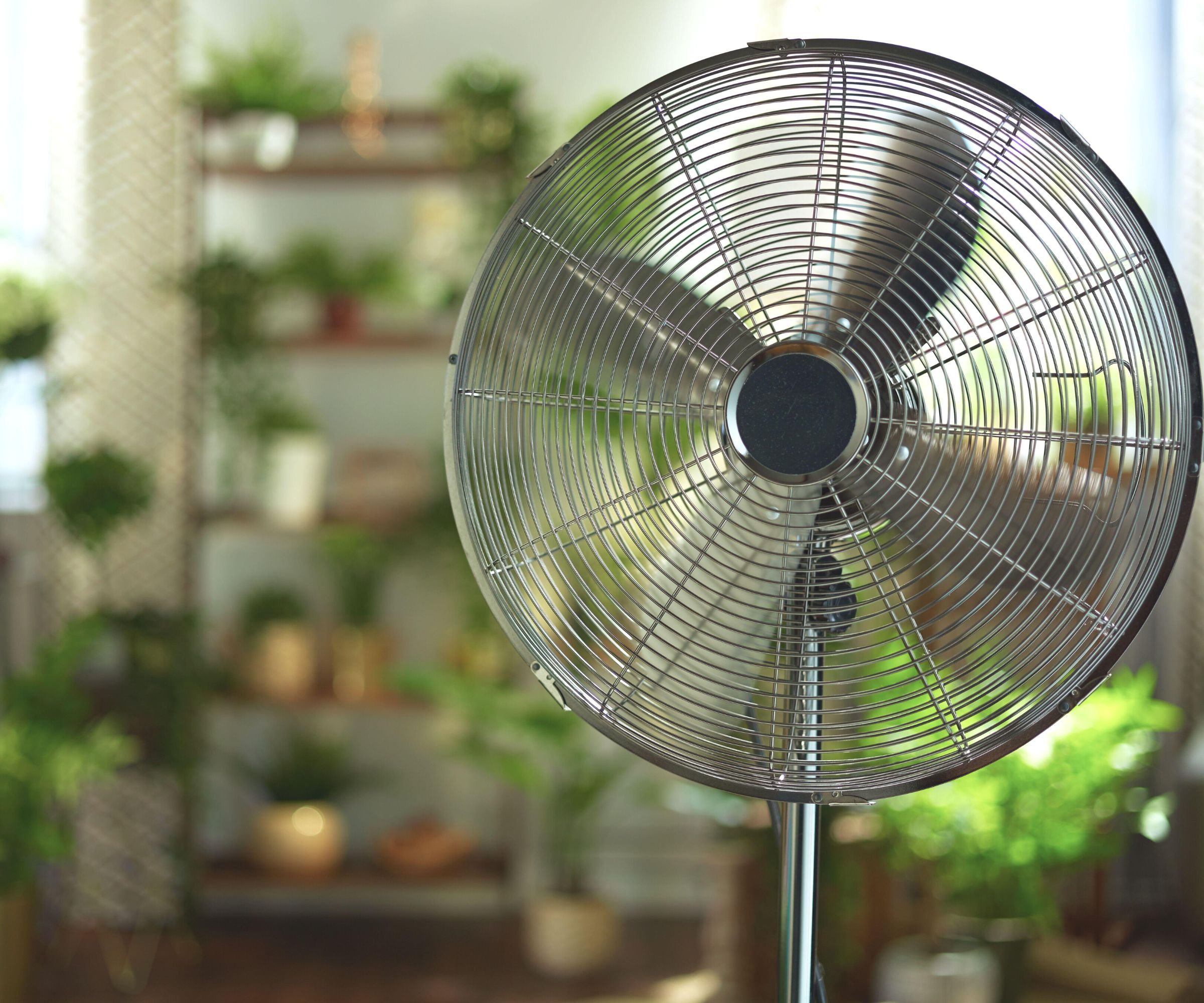
Although it is possible to cool a room with fans to some degree, they are not the best option for lowering the temperature inside your home, possibly putting you at risk of heat stroke, warns Joshua Mitchell, HVAC technician.
‘While electric fans can create a breeze that provides temporary relief from the heat, they don't actually cool the air in the room. When the room temperature exceeds 95 degrees Fahrenheit, fans can even contribute to heat gain. It's important to use fans in combination with other cooling methods like air conditioning or natural ventilation.’
7. Using heat-generating appliances during the day
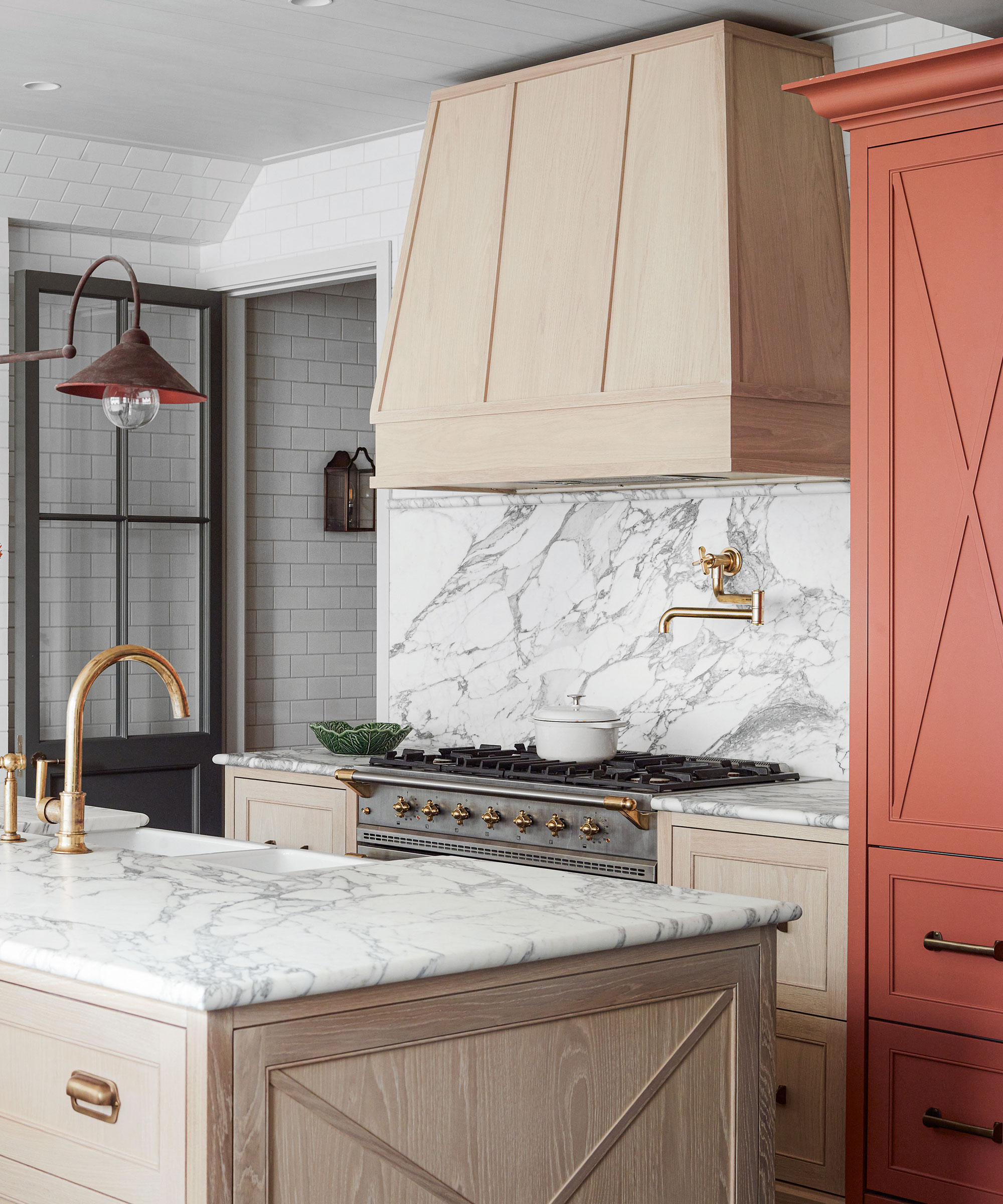
David Clark, founder of HVAC Laboratory stresses that people should be avoiding using any heat-generating appliances during the day, especially the heavy hitters such as ovens and stoves, washing machines, and tumble dryers. Try to save using these appliances for cooler hours, such as first thing in the morning or late at night, and think of creative ways to eat that involve cooler meals.
8. Overexerting yourself at peak hours
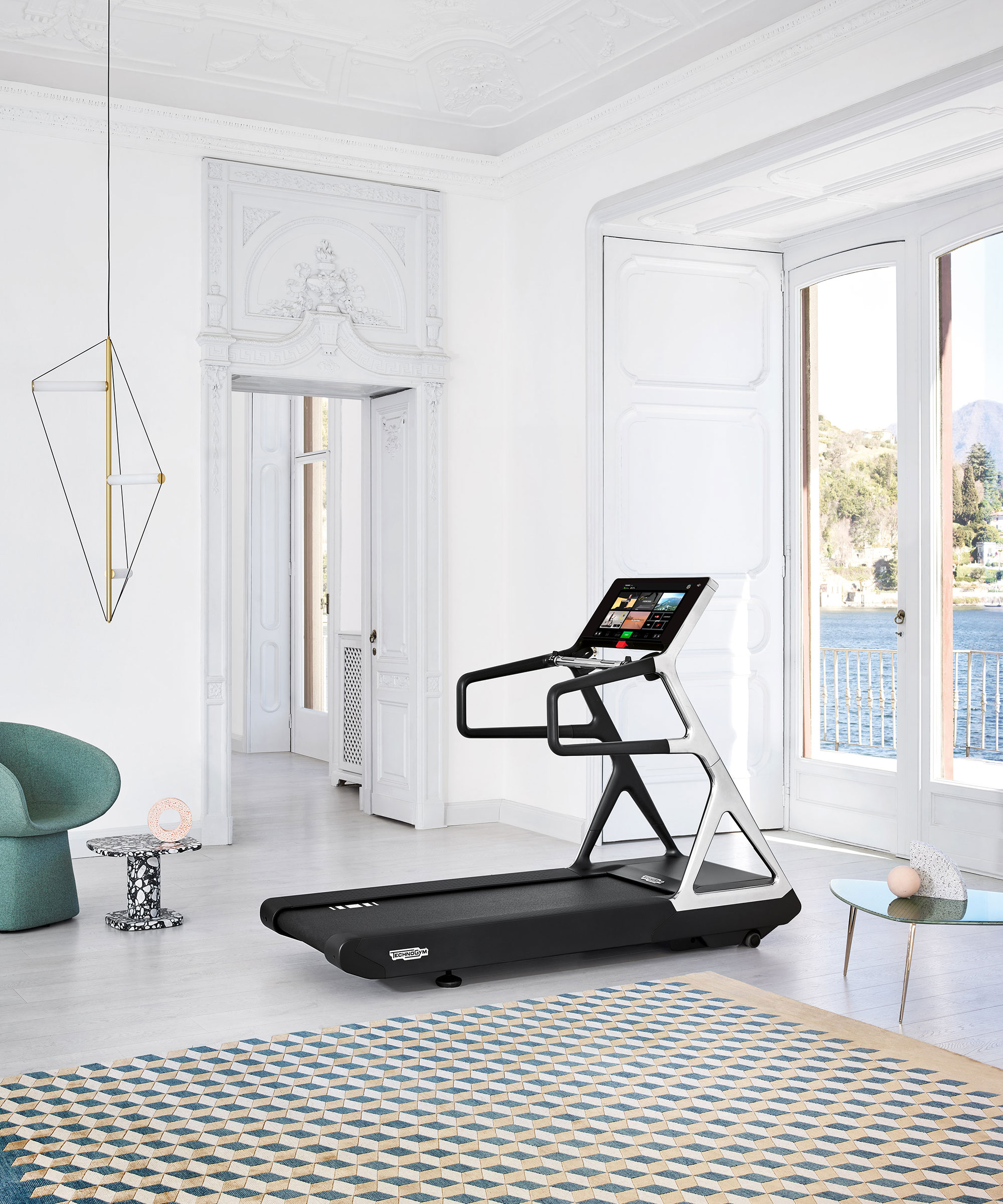
Although we can’t imagine anyone wanting to do a HIIT workout in the middle of a heatwave, any activity that has your heart rate rising can be dangerous during extreme heat, and should be avoided at peak times of the day, warns Josh Mitchell, HVAC technician.
‘This is typically from 11 am to 4 pm,’ he says. ‘This can lead to overheating and increase your risk of heat-related illnesses like heat stroke.’
9. Using the wrong types of fans
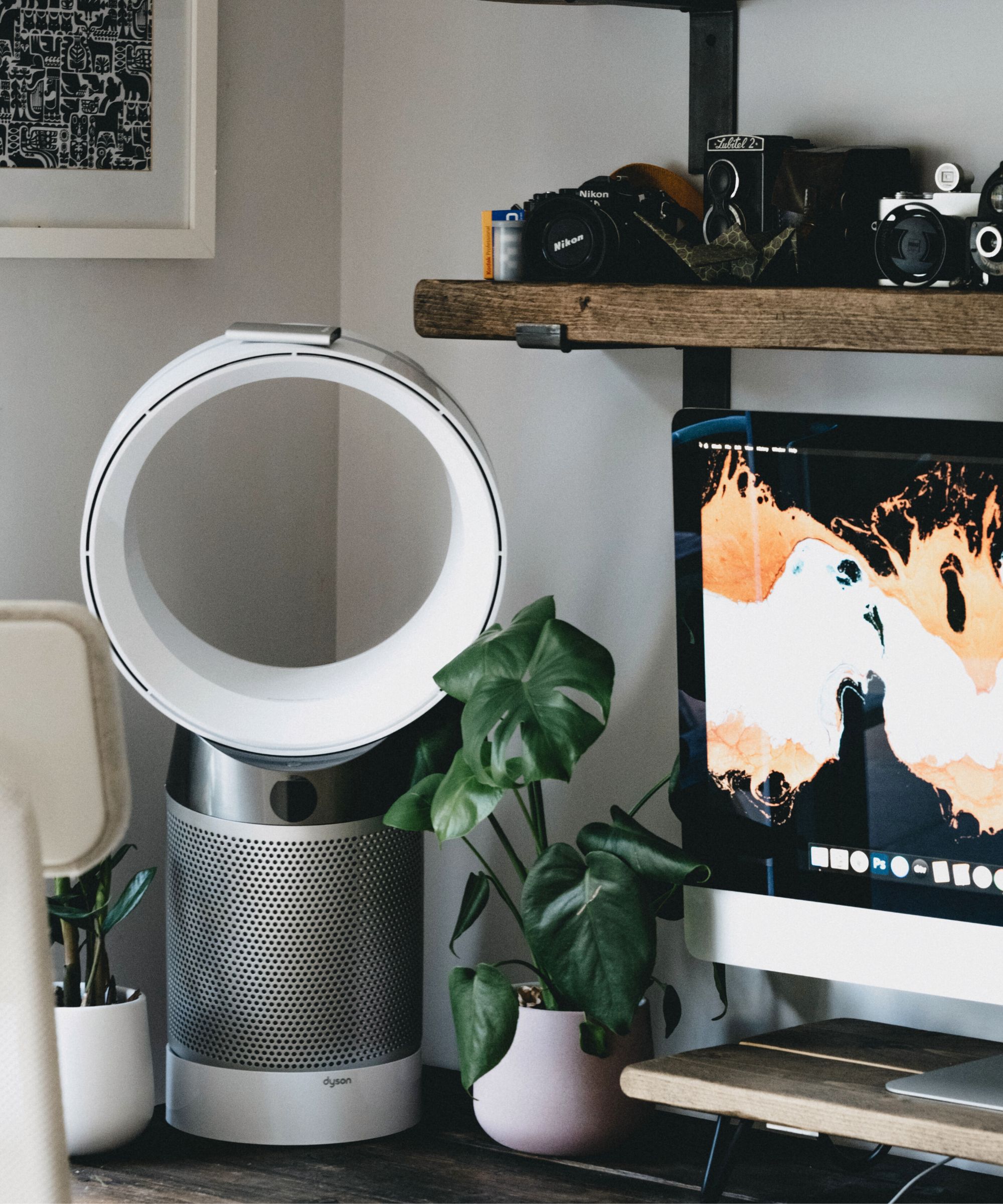
With so many types of home cooling fans available, it is important to select the right one for what you want to achieve to see any difference in the overall comfort of your home, says David Clark, of HVAC Laboratory.
‘Box fans and table fans, for instance, are best for personal cooling, but if you are going for overall home cooling, I suggest using ceiling fans or whole-house fans that can move air more effectively around a larger space – such as when trying to keep upstairs cool in summer.’ The Dyson Smart Air Purifier and Fan from Amazon is a highly-rated choice if you are after a quality investment.
FAQs
Should you nap during a heatwave?
When dealing with a heatwave, it is okay to nap if you have not been able to sleep at night and are becoming lethargic. Try to limit these naps, however, and set an alarm to wake you after half an hour to make sure you still have some ability to sleep at night and don’t mess up your sleeping schedule.
Why is my house still hot after a heatwave?
If a heatwave has passed and your house is still hot, then it may be down to poor ventilation. After a heatwave, it can help to open all of your home's windows and doors where possible to allow the hot air to escape and cooler air in. Using a dehumidifier can also help with this.
As it turns out, when you are trying to keep a home cool in a heatwave, it is just as important to focus on what not to do as to what to add to your home for a cooling effect. Arguably the most important thing to not do in a heatwave is to suffer alone, so ask for help from family and friends.
Alternatively, there are several cool shelters stationed across the US that can help offer you a break from the high temperatures, and provide assistance if you feel unwell. Calling or visiting the website of your state's 2-1-1 can help you find resources for extreme heat.







